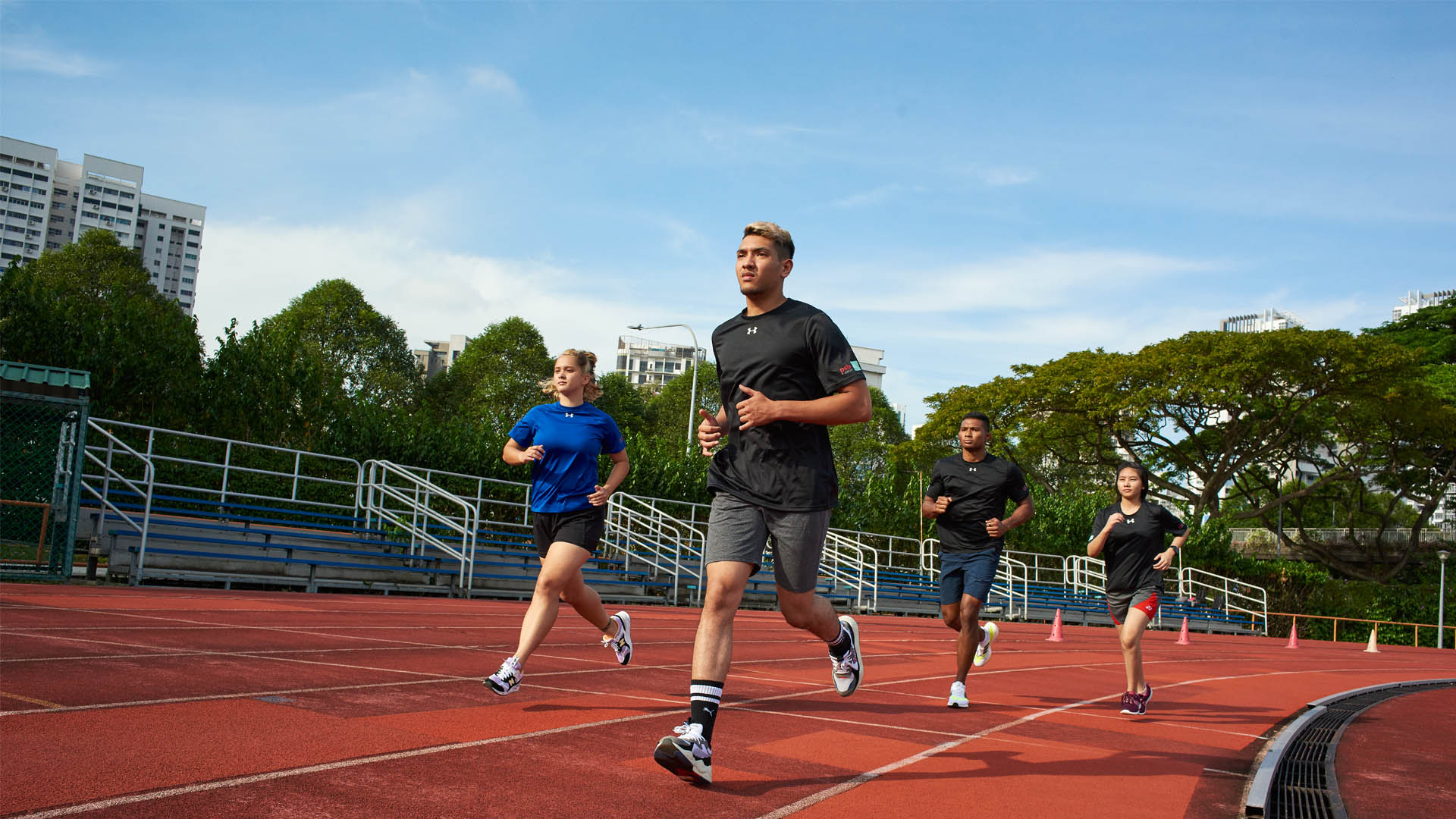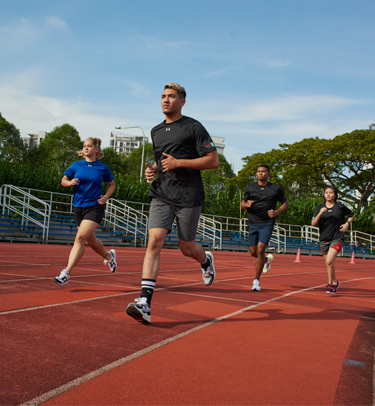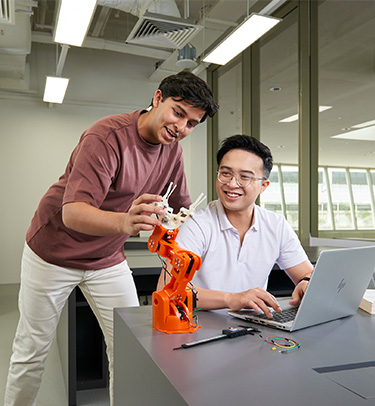By Wayne Kwan, Bachelor of Science Sport and Exercise Science (Top-up)
I am Kwan, a national athlete, representing Singapore in Jiu-Jitsu (a form of close-combat fighting martial arts with origins from Japan, made popular in Brazil) and a full-time educator.
PSB Academy offers a part-time degree in Sports and Exercise Science. The part-time education programme is highly beneficial to me, as I need to hold a full-time job in order to provide for my family. I have had wanted to enrol into PSB Academy’s Sports Science degree for a long time, however, major tournaments such as SEA Games and ASIAN Games made me put off those plans for a while, that is until Covid-19 happened.
As competitions came to a standstill, I finally decided to pursue higher education in Sports Science, and here are 5 of the biggest takeaways from my academic journey that has helped me grow as a sportsman and educator.
1. Learning About Basic Anatomy
The physical offset of sports is fundamentally related to physical activity. Through the Anatomy and Physiology for Sports and Exercise Science module, we learn about the human body, body movement and its functions through a deeper understanding of how bones, muscles, the endocrine system, nervous system and cardiac system work.
As an athlete, I realised how important it is to gain in-depth knowledge of how the human body works cohesively as a whole; for example, which muscle group is used and engaged to execute a certain movement. During an anatomy test, I was given the task to describe sciatica, which is part of the nervous system. It only took a few months for me to put that particular knowledge into action. I was down with a back injury and could immediately identify that there was a sensation at my sciatica nerve, which helped the doctor diagnose the root of the issue, and it was remediated quickly.
2. Understanding Biomechanics
Biomechanics is the study of the structure, function and motion of the mechanical aspects of biological systems. The introduction to Biomechanics and Intermediate Biomechanics module involves applying a certain amount of mathematics and physics.
The ability to analyse an athlete in terms of form and habits can help to correct and train the athlete, and to optimize their performance. As someone who competes at the highest level, optimization is a key factor in clinching the gold medal in your own sport. Biomechanics teaches us how to hit the fastest serve, how to throw the optimum curveball in bowling, and even how to execute the perfect over shoulder throw in judo. Using knowledge and analysis, we understand how to utilize the kinetic chain, and put into action the correct angle to achieve the best results.
3. Coaching, Conditioning, and Planning
Elite/Professional athletes seeking longevity in any sports career would need to know how to create optimised training plans for themselves. From the standpoint of a coach, it is important for us to devise effective training plans not just for the elites, but also how to cater best to a variety of sports groups, including athletes with special needs.
In the Principals of Coaching, Assessment, and Conditioning for Performance module, we have to come out with an effective training plan, be it to train for a season or off-season, whilst taking into consideration things such as tapering, active recovery, and inculcating exercises to engage the different muscles groups on different days, so as to avoid burnouts or overtraining, and most importantly to prevent the risk of injuries and prolonging exercise longevity.
Furthermore, in alignment with Sport Singapore’s Safe Sport commission, coaches need to consider both the physical and mental welfare of the athlete in mind when devising lesson plans, as professional sports is a stark contrast to the notion of ‘one size fits all’.
With the knowledge I gained from the module, I was able to create an effective training plan for myself during rehabilitation and post-rehabilitation, to help myself get back in shape and strength after my slip disc injury.
4. Grasping the Research Process
As with any sort of deeper academic learning, it is important to understand the fundamentals of the research process. In the Research Process in Sports and Exercise module, we learn about how proper research is carried out by accomplishing a few research papers assignments. Defining clear research objectives, learning what qualifies as an unbiased study and sieving out inaccuracies in the research process, are part of what we learn through the process. Being able to discover more about specific topics through real data and statistics provides us with insights on the current sports landscape that we are working with, and possibly the future of sports.
5. Diving Into Sports Psychology
As important as achieving top physical form is in sports, optimizing the state of mind plays an equally important role in the performance outcome for professional athletes and sportspeople. The Introduction to Sports Psychology, Intermediate Sports Psychology module dives deep into understanding mental processes and the development of mental wellbeing for athletes. Learning how to create goals, factors to motivate, identifying possible causes for mental blocks or “choking”, reinforcing mental toughness, and all rounded mental wellness are crucial for athletes to achieve success.
With this knowledge, when I analysed my past performances, I learned to review my driving factors, identify what drains my motivation, and how to address these issues. It also provided me with insight on how other aspects, apart from sports performance, of the athlete’s life can affect an athlete.
Having the opportunity to learn about the theory behind the different facets of sports science has provided me with a whole new perspective on sports as an educational subject, sports as a genre, and sports as a career. I feel a greater sense of satisfaction translating my theoretical knowledge into practical application, and witnessing better results.
Embark on Your Sports Science Education Today
If you are aspiring to be a great coach, sports scientist, sports nutritionist or athlete, the Sports Science Degree with Edinburgh Napier University will value-add you in your learning and your journey to achieve the next level in sports.
Disclaimer: All views expressed are solely personal opinions and do not represent those of PSB Academy or other people and organisations.




 TOP
TOP



_2.png)

